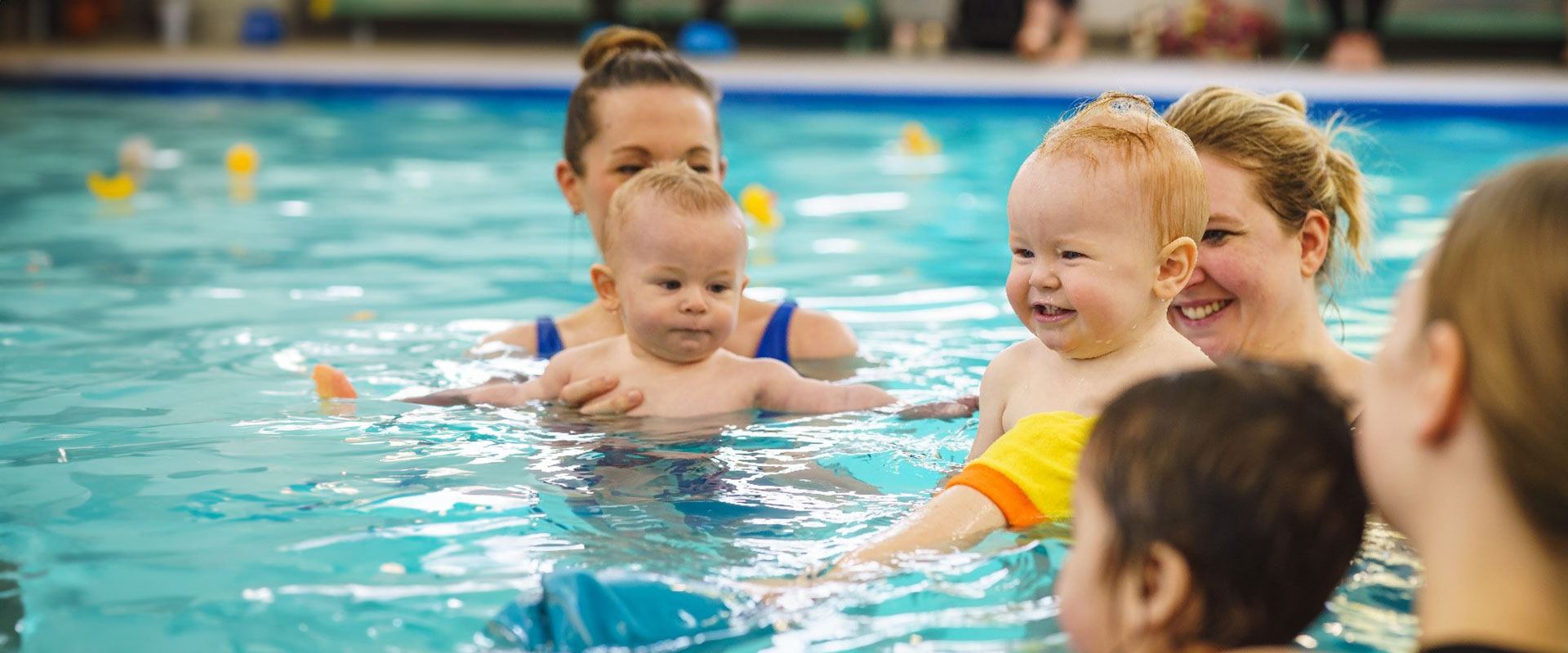5 Top Tips for Building Water Confidence with Your Little One

Our friends at Puddle Ducks share their top five tips for nurturing water confidence in your child.
- Choose a Warm Pool
Babies, especially very young ones, aren’t very good at retaining their body heat – ideally you will use a pool heated to 28°C or over. Many local authority pools have a ‘baby’ pool which is warmer and shallower than the main pool. If you are a member of a private gym with a pool, these are often warmer than average, so ask if you can take your child along. Take a lovely towel to wrap your baby in as soon as you get out of the water, and they will be snug and happy.
- Be Water-Confident Yourself
This doesn’t mean you need to be a confident or even competent swimmer but if you aren’t a strong swimmer or if you feel nervous around the water, taking your baby swimming is the perfect opportunity to overcome your own fears. Stay in the shallow end, try not to panic if you get splashed – be a positive role model for your baby.
- Take it Slowly – You Know Your Child
You may have a little daredevil on your hands, or perhaps your child is more cautious. Either way, don’t underestimate the impact of having your face/head underwater for the first time; it can upset even the most boisterous of babies.
- Make it Fun!
Games, toys, songs, rhymes, blowing bubbles – most babies and toddlers will focus on these things and forget they are nervous. Also, this is how your little one learns, through play.
- Teach Your Baby to Float
Start off by fully supporting them – Puddle Ducks have lots of videos for you to watch with great advice for floating. This is a key skill that could save your child’s life should they ever fall into water.
Things to Consider When Choosing a Swimming Class:
- Baby and preschool swimming is an entirely safe and gentle activity, but coming to classes often provides a parent with the necessary support to enable them to relax and enjoy the experience. Good swimming teachers are trained to understand the needs of both parent and child and are also qualified in lifesaving and resuscitation skills.
- Classes can vary, so take time to find a class that will give you the experiences that you want – whether this is just water familiarity or a more progressive approach; and whether the style of the class is relaxed and fun, or more formal and regimented.
- Specialist baby swimming classes follow a clear and progressive structure and will usually involve some underwater swimming for your baby. However, the emphasis should be on parents and their babies having fun, with no baby being forced to do anything against his or her wishes.
- The best baby swimming classes are full of carefully designed but simple activities, gentle submersions and are packed full of songs. These songs and rhymes provide gentle stimulation and are the most effective way to communicate with your baby. Repetition is fun, reassuring and promotes learning.
Puddle Ducks was founded in 2002 and today teach thousands of babies and children to swim, be safe and develop water confidence right across the country via a network of dedicated franchisees – the Perfect IntroDUCKtion to Swimming!





